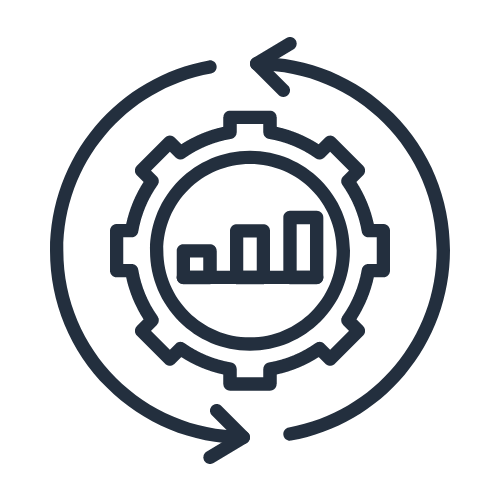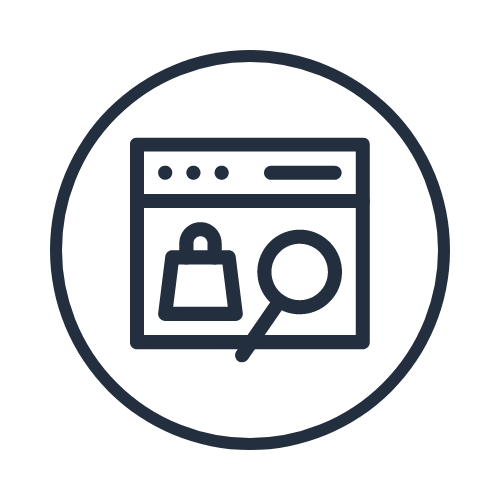Every measurement has a level of uncertainty associated with it. The lower the uncertainty, the better the measurement quality, and the greater the accuracy and reliability of the measurement process. Conversely, high measurement uncertainty signifies a high level of “doubt” about the measurement itself.
Pipette calibration plays a pivotal role in ensuring the accuracy and reliability of laboratory results, offering a myriad of benefits to the scientific community. Firstly, calibrated pipettes contribute to the precision of experiments, minimizing measurement errors and enhancing the overall quality of research outcomes. This precision is particularly crucial in fields such as biotechnology, where small variations can have profound effects. Additionally, calibrated pipettes help laboratories optimize resource utilization by preventing wastage of expensive reagents, ultimately leading to cost savings. Regular calibration also extends the lifespan of pipettes, reducing the need for frequent replacements and contributing to sustainable laboratory practices.









